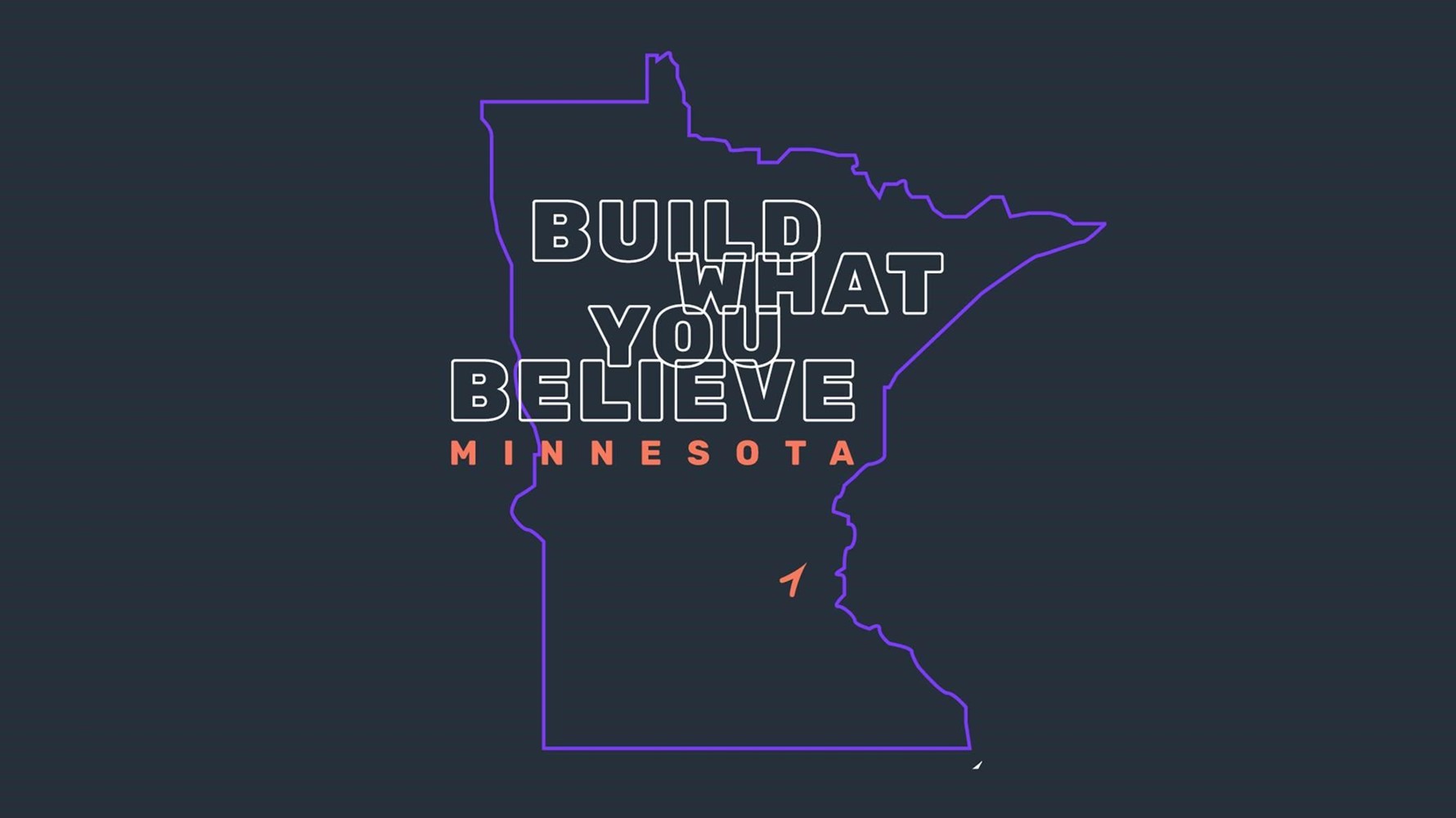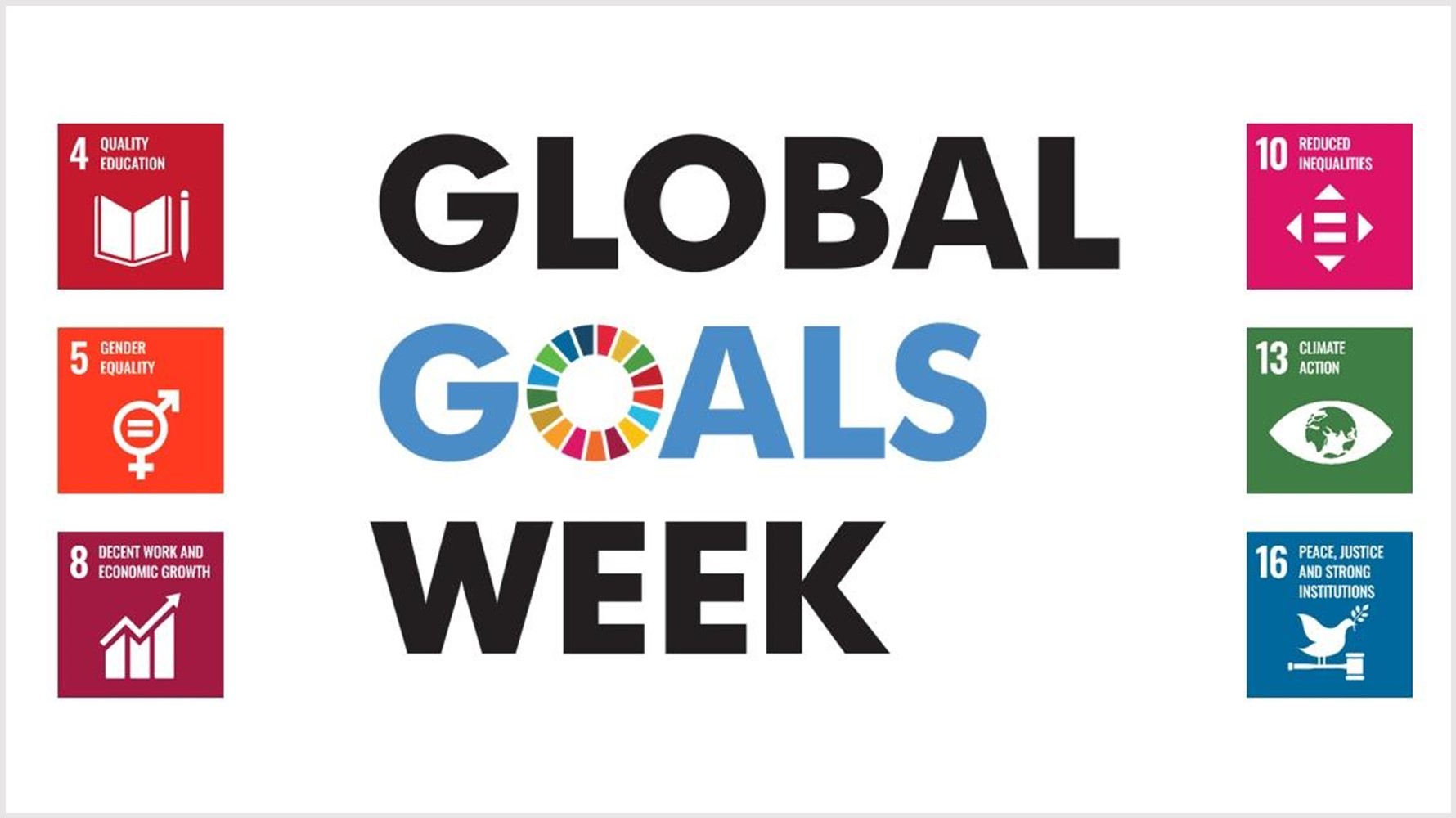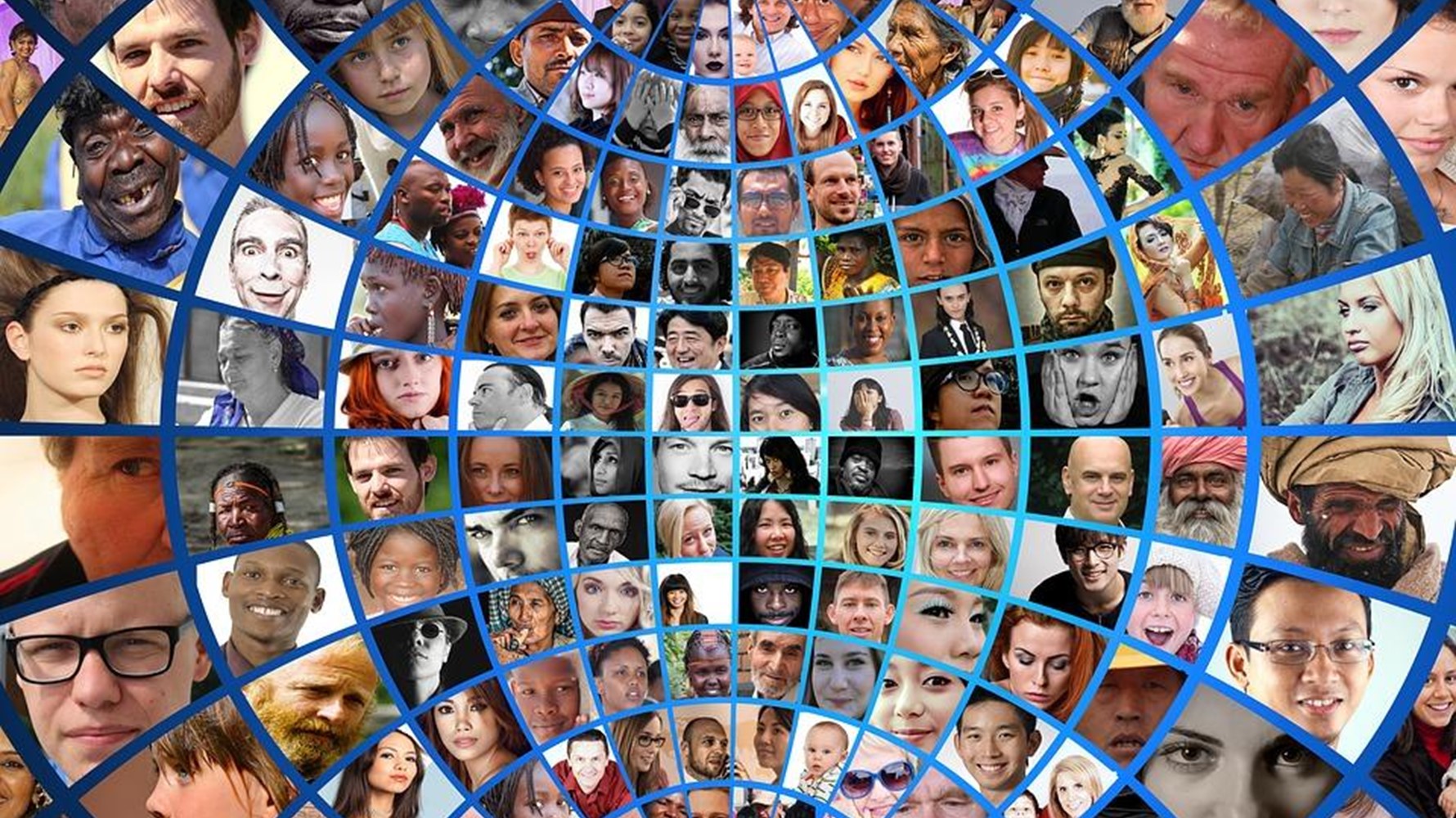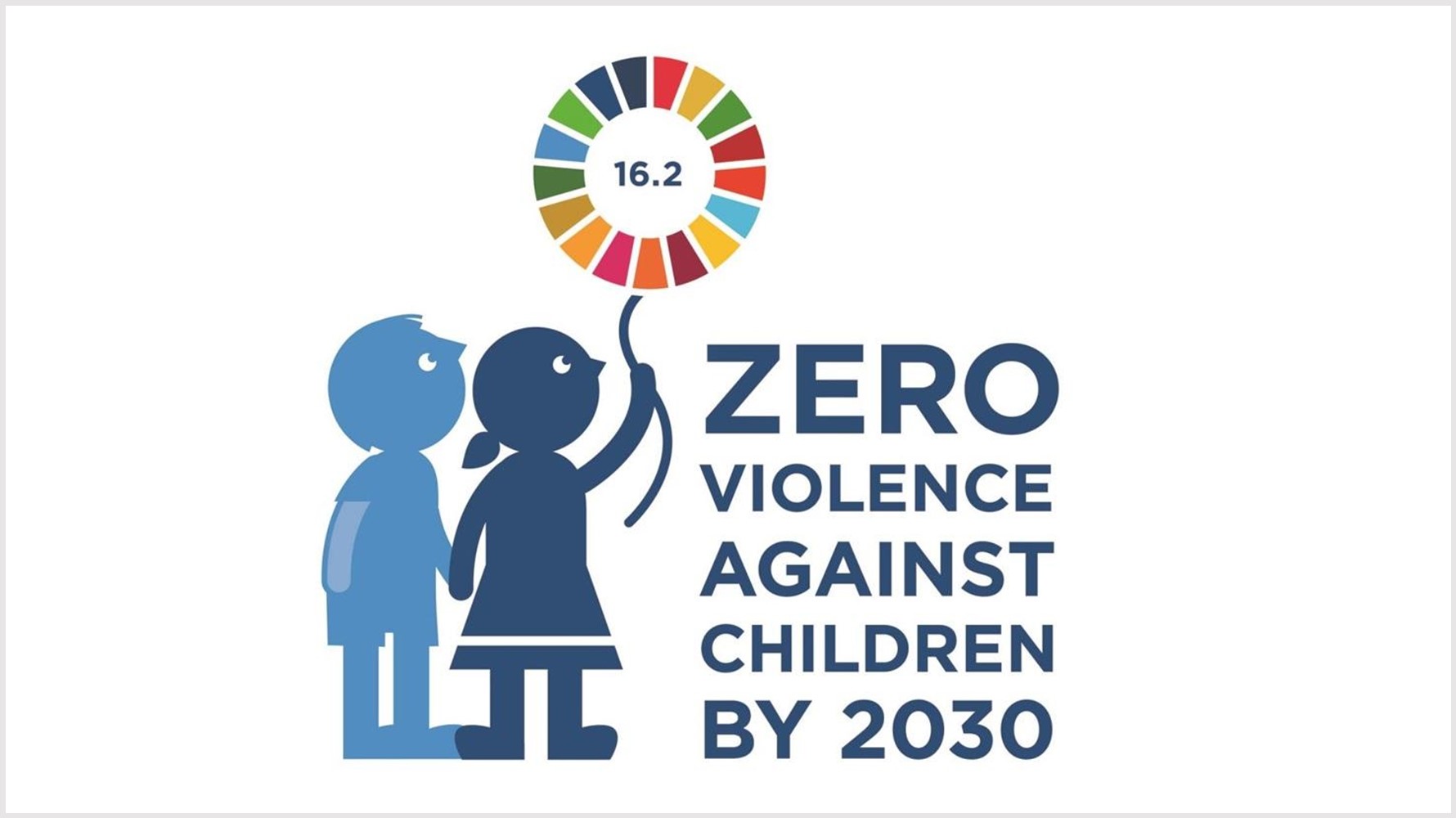Each year, we commemorate Human Rights Day by celebrating the UN adoption of the Universal Declaration of Human Rights on 10 December 1948, and calling for all companies to place Human Rights at the center of their CSR and sustainability programs.
At CWT, we are proud of our commitment to upholding human rights across all operations, and our efforts to advance the Sustainable Development Goals (SDGs) that foster these rights across the globe.
Today, we interview Françoise Grumberg, CWT’s Global Responsible Business and Diversity & Inclusion Vice President, to learn more about the SDGs and how all companies can incorporate them into their business activities.

What are the Sustainable Development Goals (SDGs)?
In 2015, all 193 Member States of the United Nations adopted a 15-year plan for overcoming the largest economic, social, and environmental challenges facing the entire planet. The 17 SDGs are a crucial component of this agenda, as they define the aspirations to be reached by 2030 and call for the worldwide action needed from governments, businesses, and civil society to achieve them.
Why do businesses need to be involved?
The scale and scope of these global goals are unprecedented and require action from all sectors in order to be obtained. At the recent UN Summit on SDGs, world leaders called for a “Decade of Action” and shared responsibility from all actors as the only way to successfully meet these objectives for all. Companies large and small, and in every country, have a crucial role to play in this agenda.
Why should a company choose to advance the SDGs?
The business case for developing and implementing activities that help achieve the SDGs includes a wide range of benefits for each company, such as:
- Alignment to SDGs provides a solid framework on which to create, manage, and communicate CSR and sustainability components that are understood and respected by customers, investors, and other stakeholders around the world.
- Innovation in corporate sustainability solutions helps companies meet the growing demand for these solutions and attract and retain the workforce that values the priority placed on sustainability and CSR.
- Achievement of SDGs creates societies with fewer risks, develops emerging markets, and increases the educated and skilled workforce, all resulting in stronger environments in which to do business.
What are some ways that CWT incorporates the SDGs into its Responsible Business strategy?
We have selected the following six SDGs and supporting targets that we believe CWT is best positioned to address. You can read more about our specific efforts and activities tied to these SDGs within our Annual Responsible Business Report, as well as how they are aligned to each of our Responsible Business domains.
|
|
|
|
|
|
Where can other companies learn more about the SDGs and what they can do to help achieve them?
Provided by the United Nations, the Sustainable Development Goals Knowledge Platform is a robust resource on everything SDG-related. As the world’s largest corporate social responsibility initiative, the UN Global Compact provides toolkits and information to assist in embedding these goals within CSR strategies and initiatives.



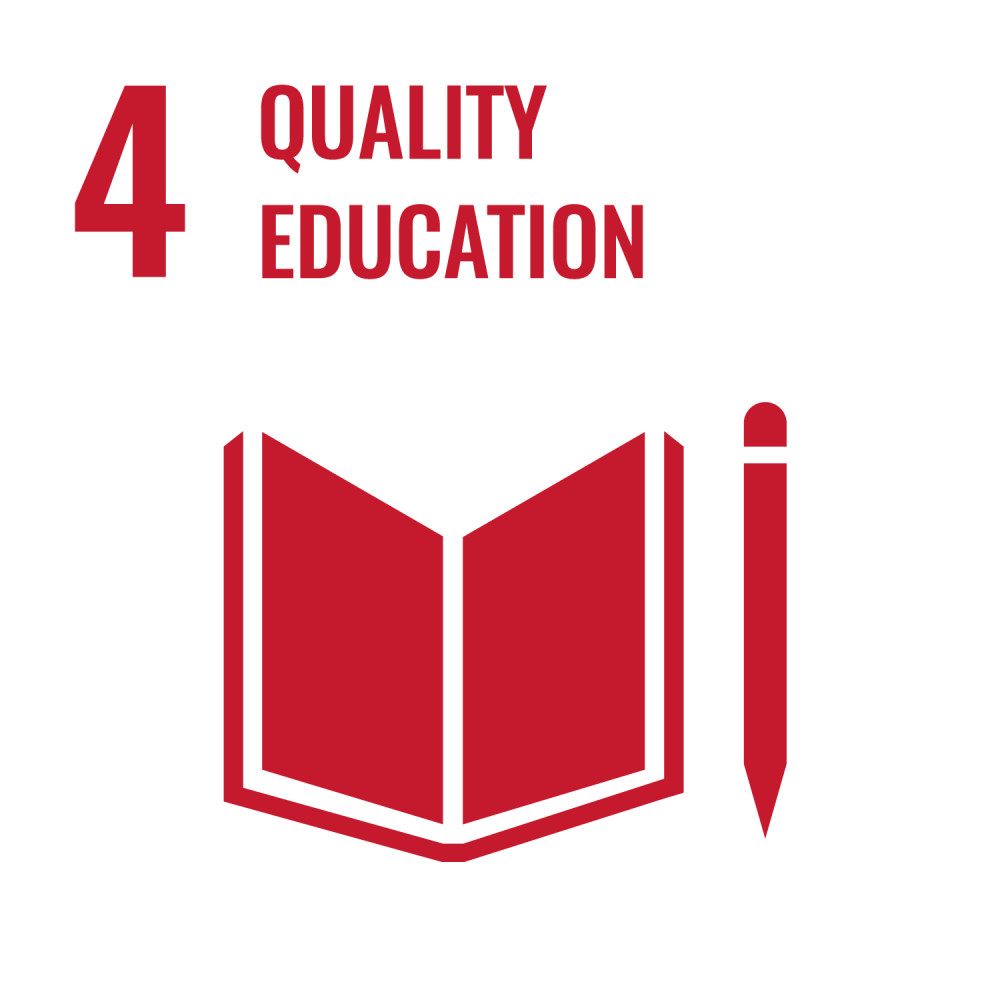 SDG 4: Ensure inclusive and equitable quality education and promote lifelong learning opportunities for all
SDG 4: Ensure inclusive and equitable quality education and promote lifelong learning opportunities for all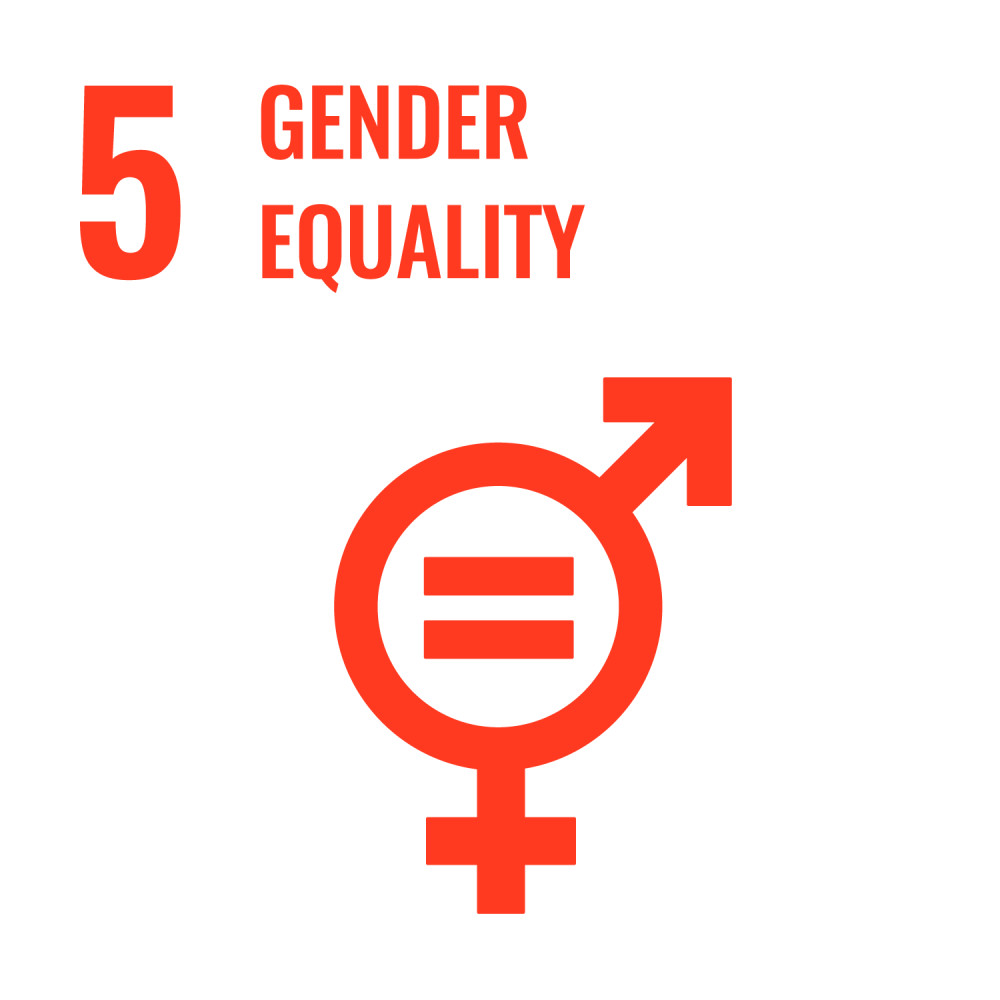 SDG 5: Achieve gender equality and empower all women and girls
SDG 5: Achieve gender equality and empower all women and girls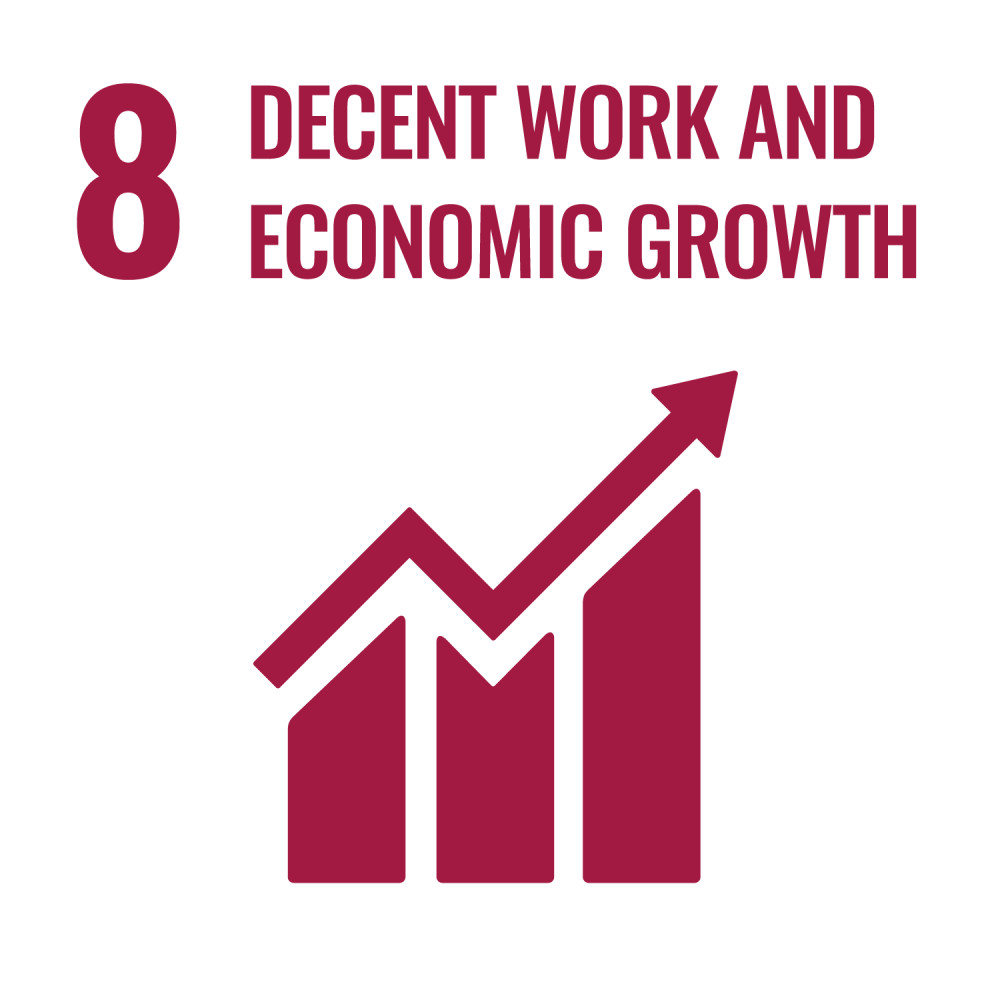 SDG 8: Promote sustained, inclusive and sustainable economic growth, full and productive employment and decent work for all
SDG 8: Promote sustained, inclusive and sustainable economic growth, full and productive employment and decent work for all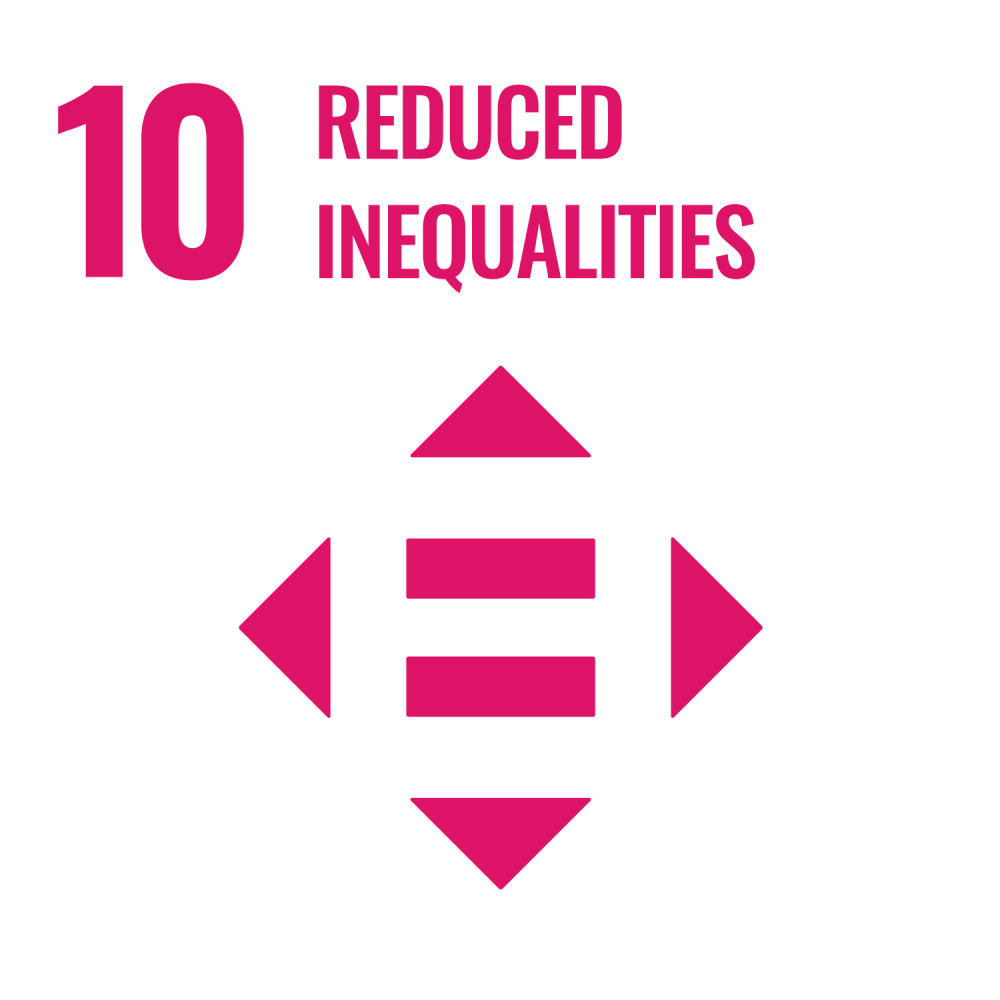 SDG 10: Reduce inequality within and among countries
SDG 10: Reduce inequality within and among countries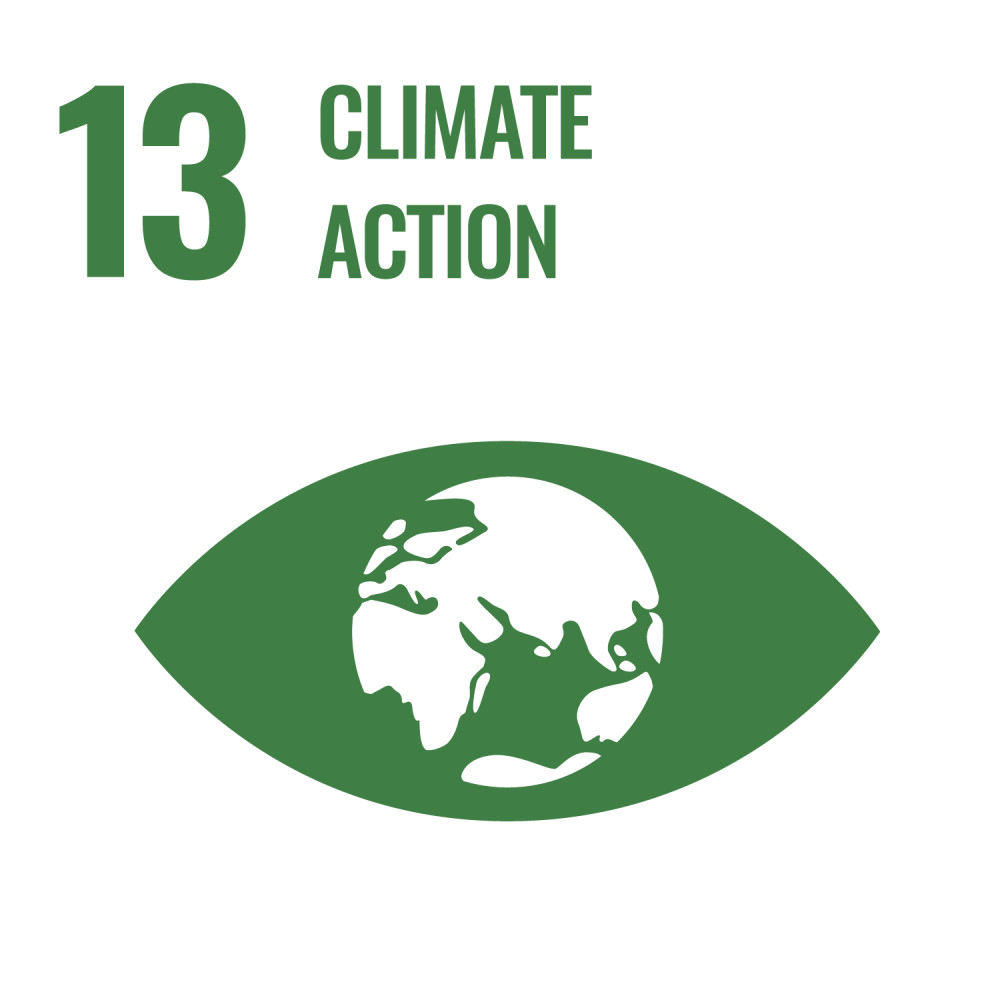 SDG 13: Take urgent action to combat climate change and its impacts
SDG 13: Take urgent action to combat climate change and its impacts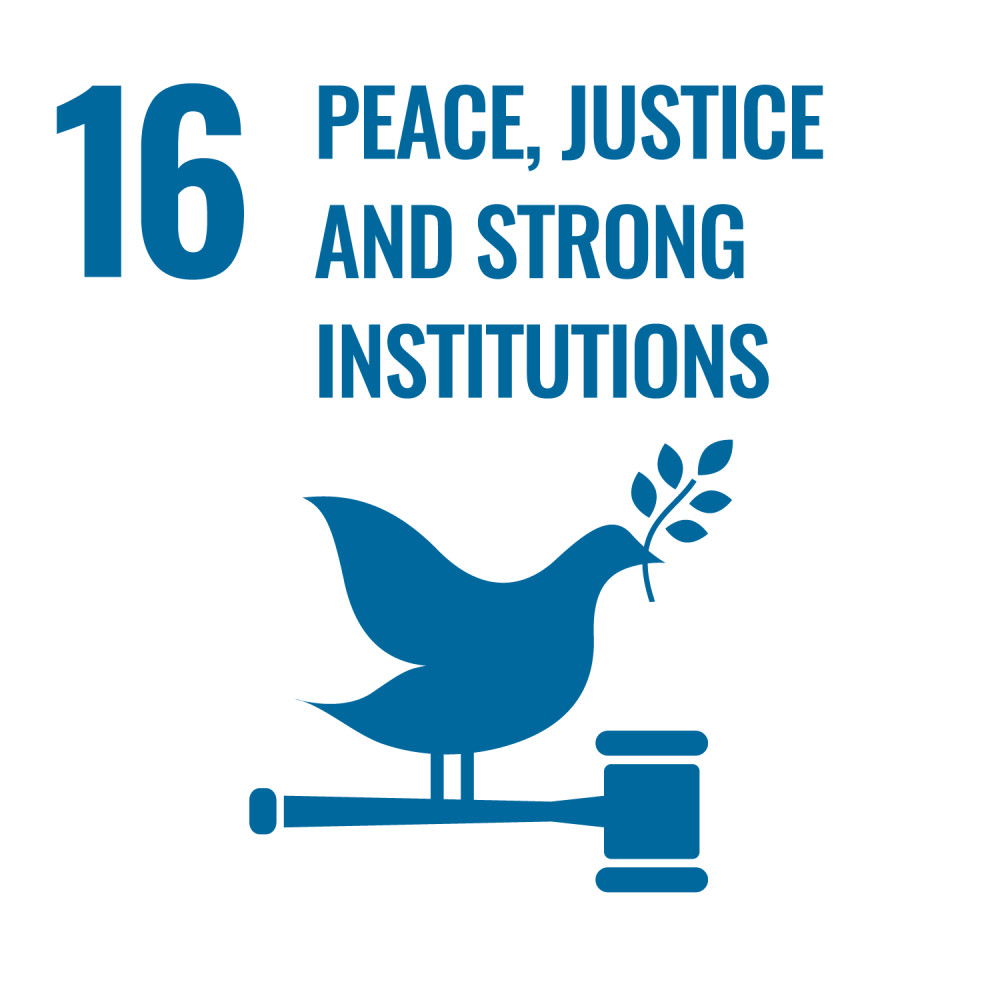 SDG 16: Promote peaceful and inclusive societies for sustainable development, provide access to justice for all and build effective, accountable and inclusive institutions at all levels
SDG 16: Promote peaceful and inclusive societies for sustainable development, provide access to justice for all and build effective, accountable and inclusive institutions at all levels
